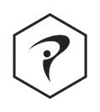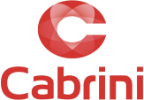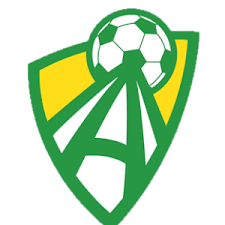I’ve just finished having a final year physiotherapy student in his last placement before graduating. It got me thinking back over 25 years ago to when I was in the same position and what things I would have wished I knew then what I know now.
Whilst the profession has changed so much in this period, a lot of the things that are important haven’t.
So here are my top 5 things that I wish I understood from the start.
Listen to your patient.
This is important for so many reasons.
A wise person said you have two ears and one mouth for a reason.
Listen to what the patient is saying. It will help you get to the real reason that they are coming for help.
The niggly thigh pain running may be because they are sitting incorrectly at a desk for long periods of time.
Failure to address the cause will fail to manage the problem
There’s no point making a runner out of someone who hates running. Likewise why stop rehab at walking for the patient who is obsessed with running?
Ive often thought that Physio’s are the hairdressers of the medical world. Clients spend quality time with their therapists and often will debrief upon them. Sometimes they just need someone to listen. Be that person.
Educate more.
Therapists think they educate more than they do and patients want more information than they get.
The simple answer is educate your patients more.
But show; don’t tell.
Teach them the whys and hows and they will happily follow your advice. Tell or dictate to them and you can lose their confidence.
Dumping a whole load of information on your patients is just going to overwhelm them. Use models, charts, videos, etc to teach your patient what is wrong.
Ensure they walk out with a good understanding on what the problem is. This will stop them reaching out to Dr Google; we all know how that’s going to work out right!
Also I find managing patients expectations to be really important.
I take the view of underpromise and over deliver. Often quite the opposite too many specialists. There’s a big difference between being allowed to do a task of skill and being actually able to do it.
Setting a high bar can often lead to patient disappointment which is undue. Likewise the opposite is when someone gets back within the time frame you predicted, they are happy. Don’t make it difficult for yourself. Rome wasn’t built in a day!
Value your hands.
You can’t learn feel.
Physiotherapy is a profession where we touch.
We touch to examine and we touch to guide, release and move body parts.
Touch is a very powerful tool in treating human beings.
Value and respect this.
Every time you touch someone think about what you are feeling.
Is it soft or hard?
Is it twinging or loose?
Is there give or a hard end feel?
How does it compare to the other side?
Discerning these things will help you to really focus upon the issue, and make treatment better. Your patients will have enormous trust in you when you can tell them where the sore points are before they tell you.
Treat the Chain.
Always think of the kinetic chain.
What’s happening above and below the affected area.
Is the foot influencing the knee, what’s going on in the pelvis?
Failure to address the areas along the kinetic chain will either result in the condition not improving; or if it does it will surely return.
Assess movement patterns and the functional movements to see what’s going on. Is the movement correct, is their compensation or tricking going on?
Knowing these things will assist in fixing the problem.
Get bang for your buck with your exercises.
Whilst it is important to start off with specific exercises in the rehabilitation process, as soon as you can move to functional exercises.
Humans move quite specifically.
We push, we pull, we rotate.
Exercise the patient as we move, it will return them to functional movement and activity sooner. Also people are often time poor.
Giving them 15 exercises is going to result in none of them getting done.
Giving them 5 that involve multiple muscle groups moving in a functional plane is quicker and going to give the patient more than the other 15 anyways.
So there it is. My top 5 things I wish I knew 25 years ago when I started. I was lucky enough to work with many great people who have taught me over the years. It’s never too late to learn. The more you know, the more you know you don’t know, the more you know you need to know!














